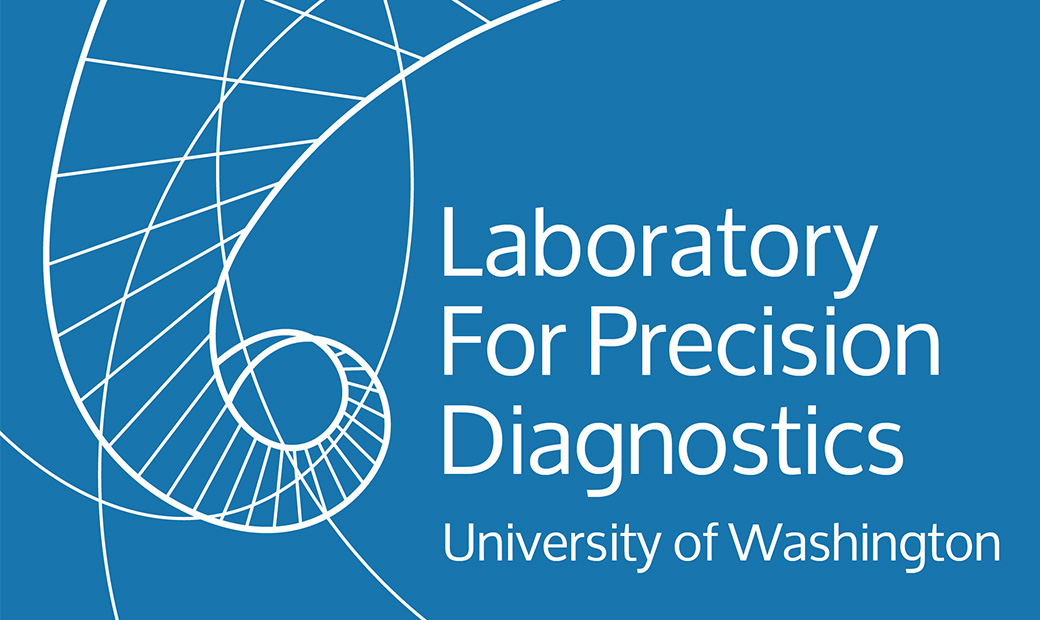Genes
COL3A1, COL5A1, COL5A2
Test Guide
The Core Ehlers-Danlos gDNA sequencing Panel includes testing for the classic and the vascular forms of Ehlers-Danlos syndrome. The classic type of Ehlers-Danlos syndrome (EDS types I & II) is an autosomal dominant disorder characterized by skin hyperextensibility, increased skin fragility, joint hypermobility, and abnormal wound healing. Recent studies indicate that as many as 90% of individuals with EDS classic type have underlying pathogenic variants in COL5A1 or COL5A2, the genes that encode type V collagen. The vascular form of Ehlers-Danlos syndrome (vEDS) is characterized by thin, translucent skin with visible veins; marked bruising; joint dislocations; and the major complications of arterial, bowel and uterine rupture.
Please consult the Ehlers-Danlos Syndrome Test Guide for more information on the diagnosis.
Methodology
Next Generation Sequencing: Next generation DNA sequencing is performed to identify nucleotide variants in the coding portion of the genome. All nucleotides in the coding exons and their flanking splice junctions are sequenced to a read coverage of greater than 20X. The sequence data are assembled and compared to the published genomic reference sequence. Sanger sequencing is performed if necessary to ensure complete nucleotide coverage of the target sequence and to confirm all reported variants. Human Genome Variation Society (HGVS) recommendations are followed for variant nomenclature and ACMGG/AMP variant interpretation guidelines are followed to assess variant pathogenicity, unless otherwise indicated. The following online databases and in silico analysis tools are routinely used for variant investigation: ClinVar, NHLBI Exome Sequencing Project, 1000 Genomes, dbSNP, Exome Aggregation Consortium (ExAC), available loci specific variant databases, PolyPhen-2, SIFT, Provean, Mutation Taster and Human Splicing Finder.
Specimen Requirements
BLOOD IS PREFERRED.
BLOOD: 2 EDTA (purple top) tubes
Adults: 5-10cc
Children: 3-5cc
Infants: 2-3cc
Whole blood may be stored up to 5-7 days in the refrigerator before shipping.
DNA:
5 µg DNA at a minimum concentration of ≥200 ng/µl
SALIVA:
Oragene Saliva samples are accepted
Special Instructions
Blood samples (or DNA) should be well labeled with patient’s full name and an identifying number.
Ship sample at room temperature with overnight delivery.
Clinical information outlining the indication for the requested tests and pertinent medical history and family history is a necessary component of testing. Please include a clinic note when available.
Related Tests
Reflex to Deletion/Duplication Studies: The Collagen Diagnostic Laboratory offers testing for copy number changes using a custom high-density targeted oligonucleotide array for these genes for an additional charge. The targeted regions have probe coverage in both the coding sequences and 10 kb upstream of the gene(s) of interest.
CPT Code & Cost
81479$1600
